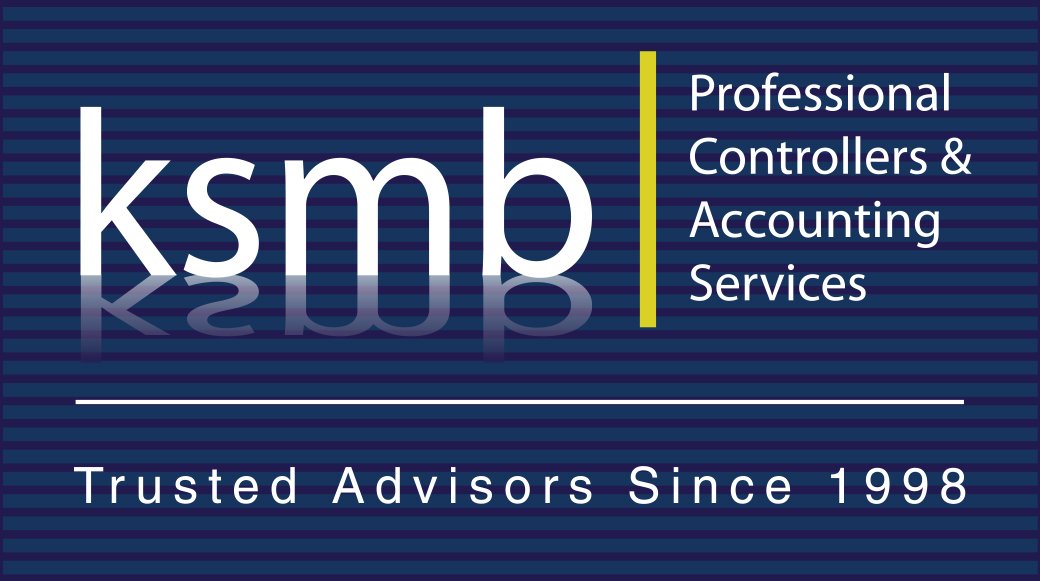Written by Marc Mallory – Managing Principal of Outsourcing, CLA
It was a moment many business owners dread. A privately held company’s longtime controller gave his notice. With only one other accounting person on staff, the owner was left scrambling for a fix until a new controller could be hired.
The owner reviewed the job responsibilities and realized 80% of the controller’s work consisted of staff-level tasks, so he quickly found two people with the right skills to tackle these functions. The kicker? He brought in outsourced accounting professionals to perform the remaining responsibilities of the controller’s job.
Fast forward seven years, and the company has grown from a $5 million business to a $25 million business. The original outsourcing support team remains, but has grown to four people … and they never hired a full-time controller to replace the one who left years ago.
What would you do in that situation? And how do you know if outsourced finance and accounting services are right for you?
What is business operations outsourcing?
Outsourced finance and accounting professionals help direct the financial processes that would typically be done by your own employees. The services can vary in scope, from completely taking over a department and its day-to-day functions to supplementing a current need or creating a virtual accounting department.
Outsourced staff accountants can help you invoice customers, pay bills, manage vendors, review financial records, process payroll and provide web-based accounting systems.
An outsourced controller helps you focus on your core business by providing trend analysis, forecasting, budgeting, and finance department assessments.
An outsourced CFO can assist with growth initiatives, capital planning, board governance, contract review, and strategic planning.
Full-service outsourcing firms can also provide access to tax and wealth advisors to help with business succession, individual tax planning, personal financial planning, and insurance and risk management.
Once outsourced services are in place, they can be adjusted as your business ebbs and flows. As sales increase or a new project materializes, your services can match your needs by adjusting your outsourced accounting professionals. Hopefully it wouldn’t be the case, but if your sales decrease, scale back your outsourcing services to reduce costs and match your current volume. With that flexibility, you can respond to changing market demands and customer needs quickly.
Benefits of outsourcing your finance department
One of the biggest advantages of outsourced support is engaging a high functioning team with additional knowledge and resources. Outsourced professionals who understand industry-specific best practices can often enhance processes and productivity as well as complement the current team. Their financial reporting capabilities are typically up to date with industry standards and use the latest technology. Often this focus can help highlight your business needs and growth opportunities.
For privately held businesses and nonprofit organizations, bringing in outsourced support allows you to segregate duties without hiring additional staff. A team with multiple layers and several sets of eyes looking at the numbers can enhance internal controls and reduce risk. For publicly traded companies with full accounting departments, bringing in additional resources can help you transition through times of peak workload.
When should you bring in additional accounting help?
Is outsourcing right for you? Read through these questions and if any of the answers are yes, you may want to consider outsourcing.
Is there high staff turnover within the accounting team?
Is there a lack of timely or insightful reporting?
Is a process using too much of management’s time?
Are the technology demands high?
Is the function not core to your product and service operations?
Have you had rapid growth or is there a special project for which you need help?
Outsourcing is not only about the cost incurred, but the value of your time and the value the outsourced team can bring. You’ll also avoid the cost, stress and gap in support you might have when dealing with turnover on your internal team. And outsourced support isn’t limited to the accounting function. It also includes human resources, marketing, IT management, and administrative professionals who can provide experience, flexibility, and a fresh perspective to your organization.




